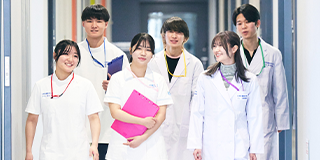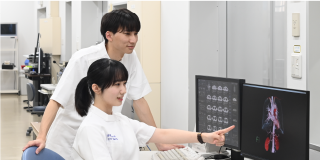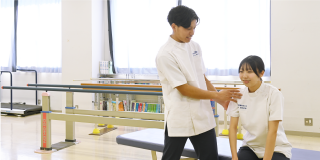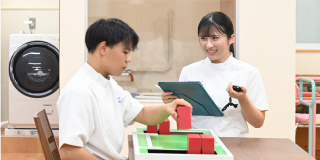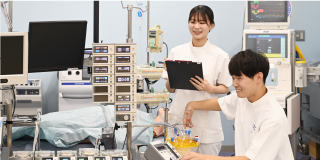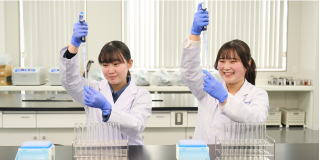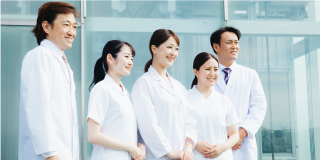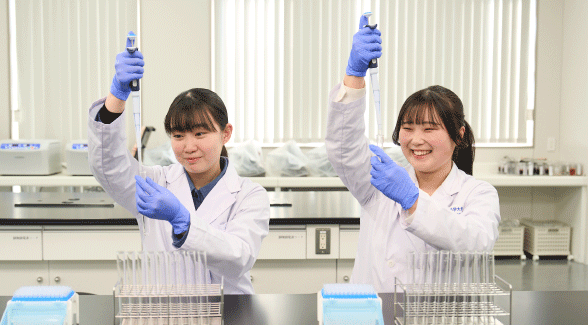
What Does a Clinical Laboratory Scientist Do?
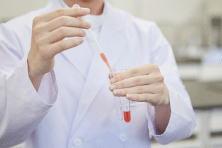
Clinical laboratory scientists perform a wide variety of testing tasks; physiological function tests such as electrocardiogram, analysis of biological components such as blood, preparation of specimens from tissues such as cancer, and determination of causative bacteria by culturing bacteria. Recently, they also work actively in the field of health examination, cancer screening, and genetic testing such as PCR tests. Clinical laboratory scientists return all laboratory data except radiography to the clinic to support the clinical department. They are also playing an active role not only in diagnosing diseases, following up, and judging therapeutic effects, but also in preventive medicine and non-illness medicine, and the demand for them is greatly increasing.

Main Work of Clinical Laboratory Scientists
Physiological function test
To deal with ultrasonography to examine the inside of the body using ultrasound, electrocardiography to check heart function, electroencephalography to check brain activity, etc.
Blood test
To test serum components, blood cell properties, cancer markers, or perform high-precision tests using genetic testing techniques
Pathological examination
To create pathological specimens from collected tissues and cells, and help pathologists with their rapid and accurate diagnosis of diseases under a microscope.
Career Opportunities
Clinical laboratory scientists are high demand mainly in medical institutions such as national or municipal hospitals, university hospitals, general hospitals, health centers, clinical laboratories, and hospitals that perform in-vitro fertilization. In addition, they also work for companies related to new drug development, testing reagents, and testing equipment, as well as in public institutions. Moreover, there are many mid-career recruitment jobs, and even those who have retired due to marriage or childbirth can make a career plan that makes use of their qualifications as a clinical laboratory scientist.
About the Department of Clinical Laboratory Science
The Department of Clinical Laboratory Science, Nihon Institute of Medical Science was established in April 2021. Students in the Department of Clinical Laboratory Science will not just learn about clinical laboratory technology but also acquire general education, basic knowledge of medicine and medical care, a wide range of specialized knowledge about clinical laboratory technology and about health care and welfare. In addition, through four years of university education, students are expected to become a human resource who can participate in medical treatment as a member of "team medical care," which is now indispensable in the medical field, by growing as a human being and improving communication skills.
Recent advances in medical technology and testing technology have made it possible to diagnose and treat diseases that were previously considered difficult to diagnose. Therefore, the role played by clinical laboratory technologists is becoming more and more important. At the Department of Clinical Laboratory Science, Nihon Institute of Medical Science, with excellent faculty members and extensive facilities as well as through practical training, we aim to train and nurture clinical laboratory scientists who have a good knowledge about the mechanism of causes and treatments of various diseases as well as about clinical laboratory technology, technical ability to utilize the latest AI-equipped equipment, and communication skills with other medical professionals.






